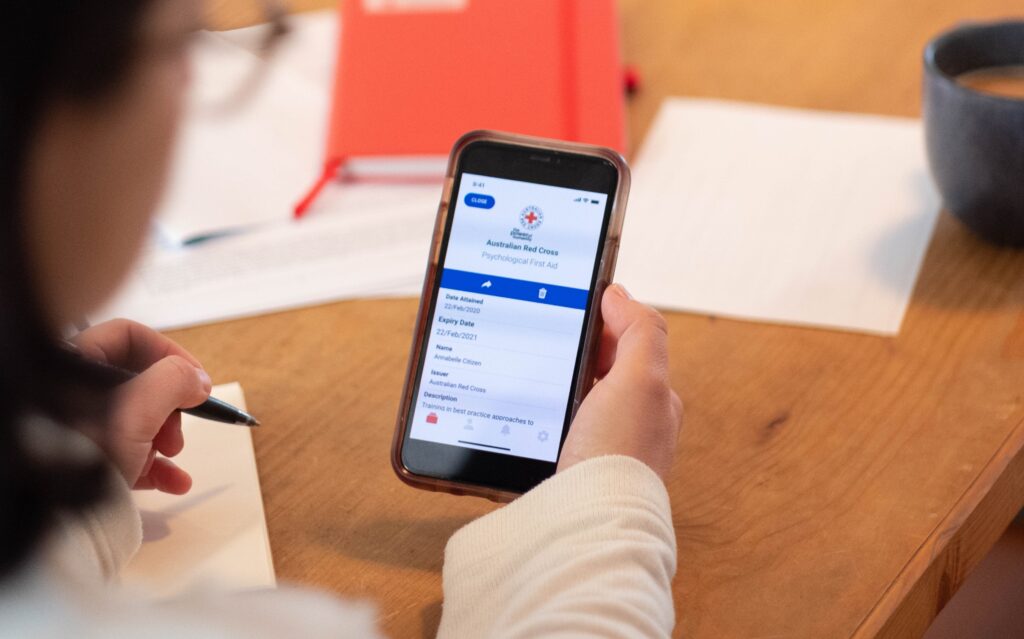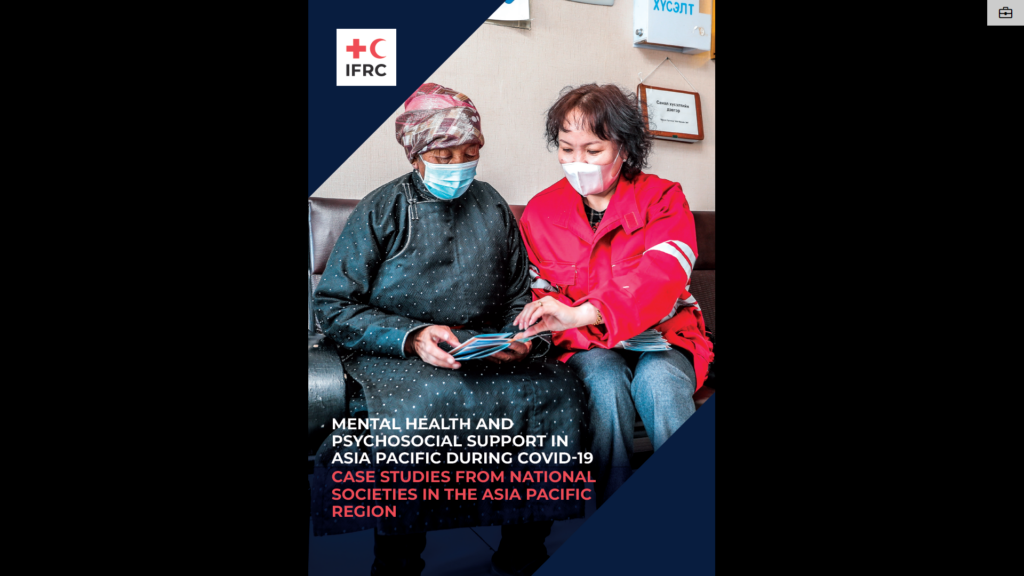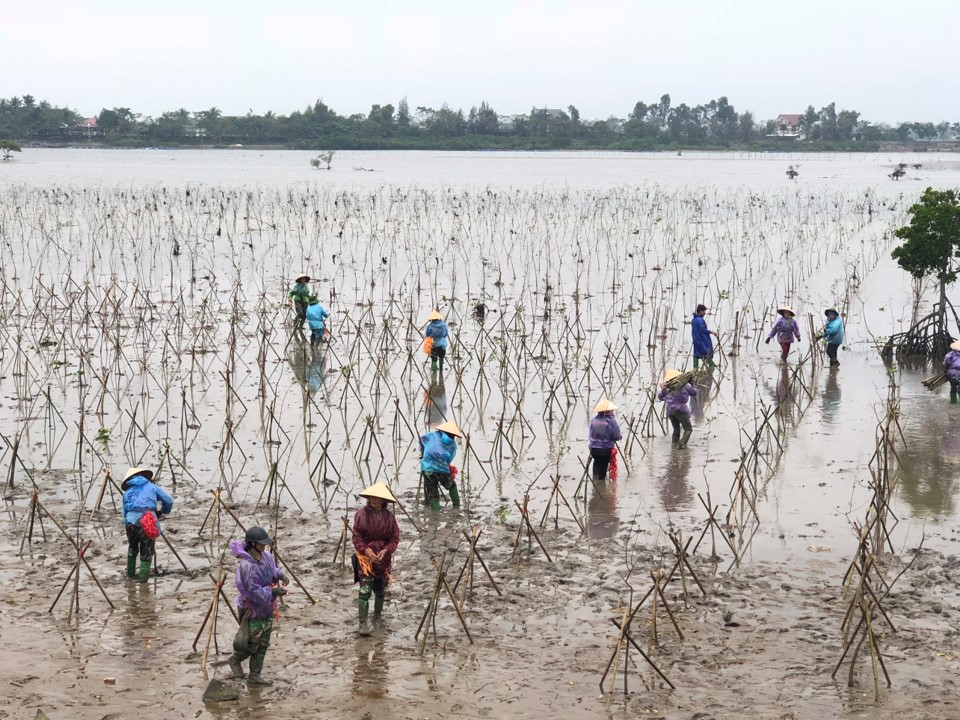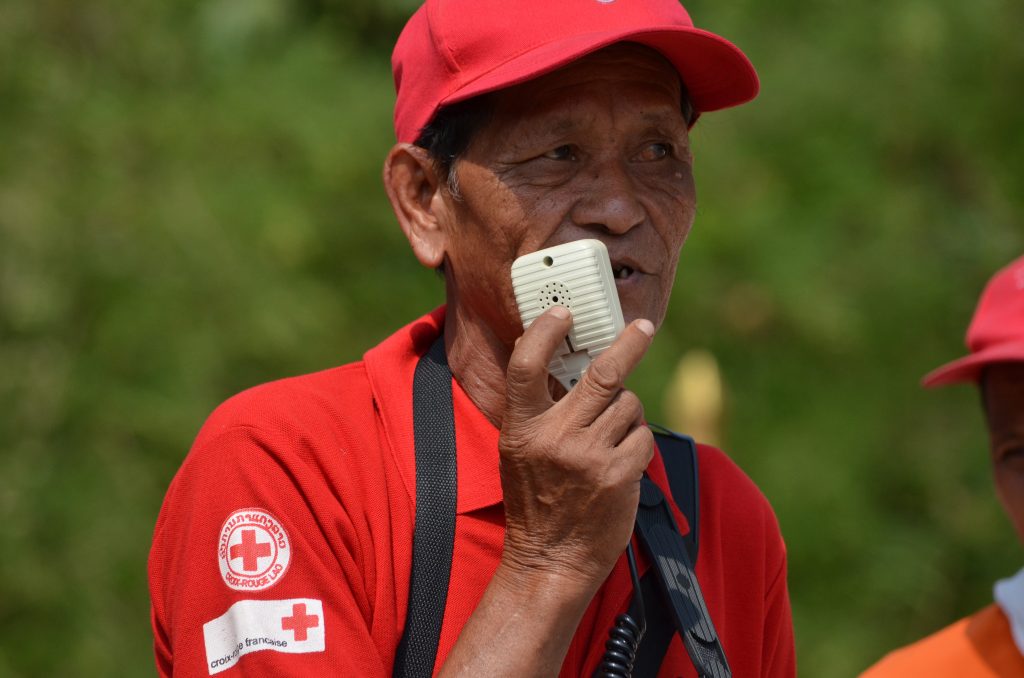Spatial analysis of elements at risk and household vulnerability to landslide hazards on Mt. Elgon, Uganda
Landslide hazards have in the last 10 years become more prominent on the Mt. Elgon ecosystem in Uganda often culminating into disasters. In this study, the community was assessed on their vulnerability to landslide hazards and the efficacy of existing institutional mechanisms with a view of improving resilience and disaster risk reduction. The study area […]






